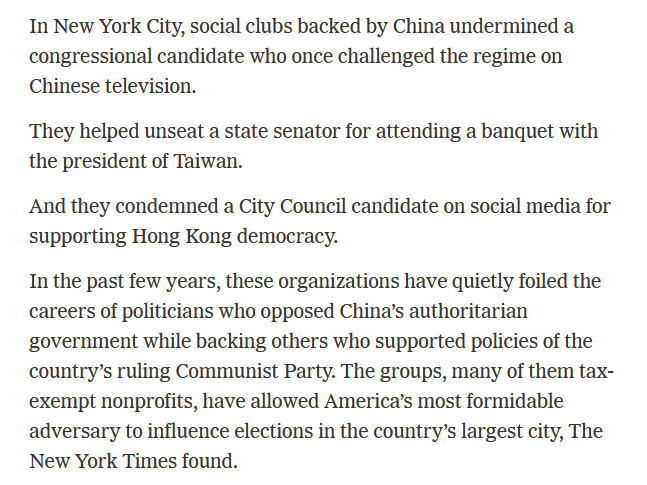An interesting review with which I partially agree. Especially this point: "These are not traits of engineers but of Communists." 
https://twitter.com/Sam_Dumitriu/status/1965350038894522633

But I also think communists are especially susceptible to think of problems in terms of engineering, and this has been true for a very long time (eg. Stalin's "Engineers of the soul").
Something that does make Chinese party frames interesting is how often they rely on engineering concepts and metaphors. Outside of Marxist theory, the *most* common source of metaphors and concepts come from the military domain; the second most common source is probably ancient
Chinese thought. But after that I'd wager the most common set of imported frames come from engineering--especially systems engineering.
And that is very different from Western politicians, and in some ways is different from other communist parties.
And that is very different from Western politicians, and in some ways is different from other communist parties.
There was a bit in the '60s-'70s where cybernetics was popular across the Eastern bloc, but the Chinese party leadership today is always talking about "systems of systems" &the like.
Sometimes I think they are using these concepts wrong--but the point here is that they are used.
Sometimes I think they are using these concepts wrong--but the point here is that they are used.
• • •
Missing some Tweet in this thread? You can try to
force a refresh













